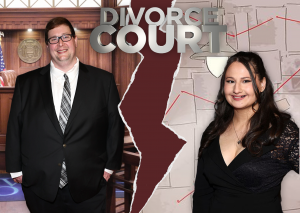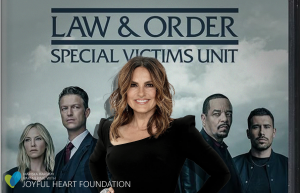After a disappointing opening weekend, Warner Bros. has rebranded their latest superhero film, commonly known as “Birds of Prey”, proving the point that top billing is important.
Originally, released as “Birds of Prey (And the Fantabulous Emancipation of One Harley Quinn)”, the film, centered around the alliance between Harley Quinn, Huntress, Black Canary and Renee Montoya against the villain, Black Mask.
Despite heavy marketing, the film only made slightly more than $33 million in its opening weekend. That’s pretty terrible, considering the movie’s production budget of 97.1 million.
The film is now being referred to as “Harley Quinn: Birds of Prey” on the websites of several theater chains, including AMC, Regal and Cinemark. Amazon’s digital preorder, however, along with Fandango and a handful of other ticket websites, still lists the movie under the original title.
The manner in which this rebranding was done makes sense. Harley Quinn is the only member of the film’s cast of characters that has already been shown in the DC film universe. The Birds of Prey as a group have never appeared in film before, and even fans who have consumed other forms of DC media may not recognize them without a deep dive into the comics.
Personally, I’m not surprised by the shortcomings of the film, regardless of how it’s advertised.
The Birds of Prey have not been mentioned in any comics since early 2018, and their most recent appearance in any other form of media was a subtle reference in a one-off line heard only in the story mode of the combat video game “Injustice 2.” The concept of a group of heroines seeking vengeance against the men who have wronged them is definitely appealing, but in the world of DC, the concept has grown cold.
Advertising the film as centered around Harley Quinn, while more accurate to the actual plot, does not seem likely to be any more successful.
Most media surrounding Harley as a character is built on a framework of her relationship with the Joker. There’s even a line in “Suicide Squad” that refers to Harley as the Joker’s queen, “and God help anyone who dared to disrespect his queen,” which glosses over his repeated physical abuse and emotional manipulation of her.
Additionally, a majority of the Harley Quinn fanbase consists of younger girls. An R-rated film portraying Harley without much interaction with the Joker cuts out fans and is of little interest to others.
That being said, I did enjoy the movie. My love for Harley is built upon the ways she is depicted as recognizing and healing from her abuse.
Even her steps backward in various media have been portrayed in a sympathetic manner. There is no clear path out of an abusive relationship, and I admire Harley as a vessel for exploring that. This film not only portrays the duality of Harley Quinn as a super-villain with a PhD in psychology, it also contains what may be the first female fight scene where a woman bothers to tie her hair back.
No matter your feelings toward or background knowledge of the premise, it is worth seeing. When you go in, don’t hold any expectations toward continuity with previous incarnations. Just expect to watch a refreshingly candid film about female empowerment and some butt-kicking, and you will not be disappointed.




